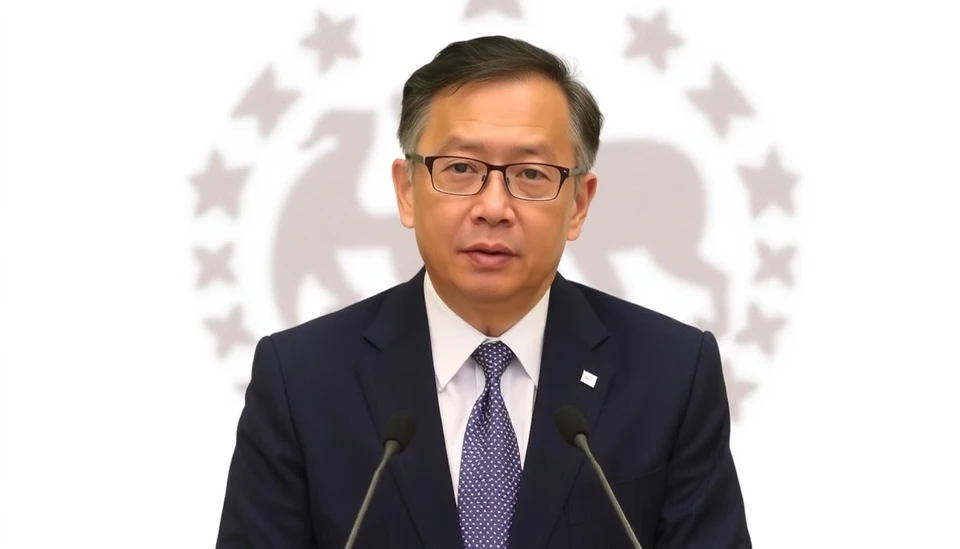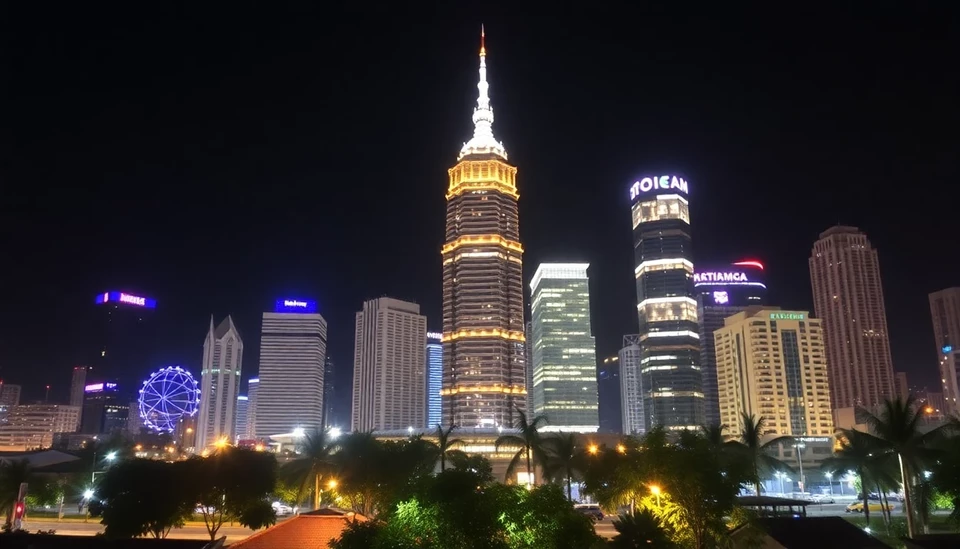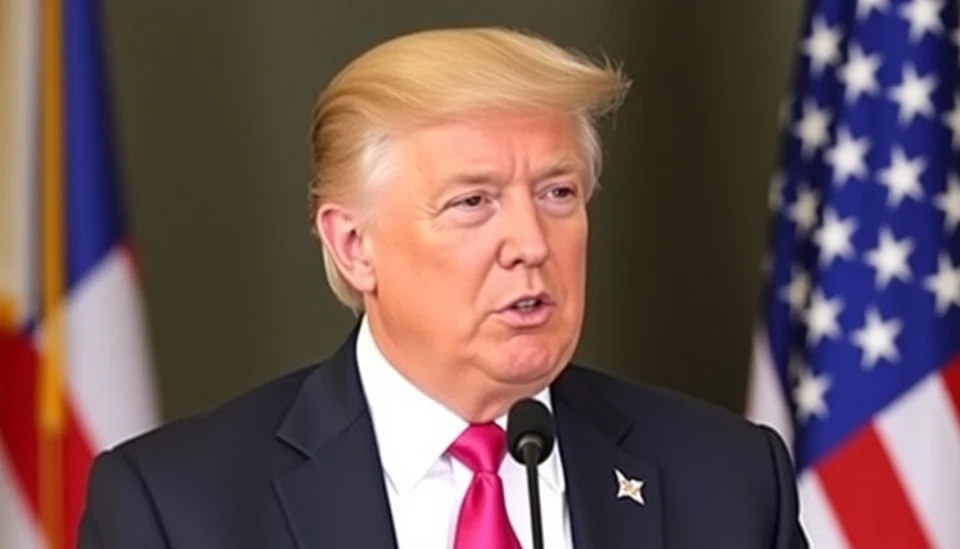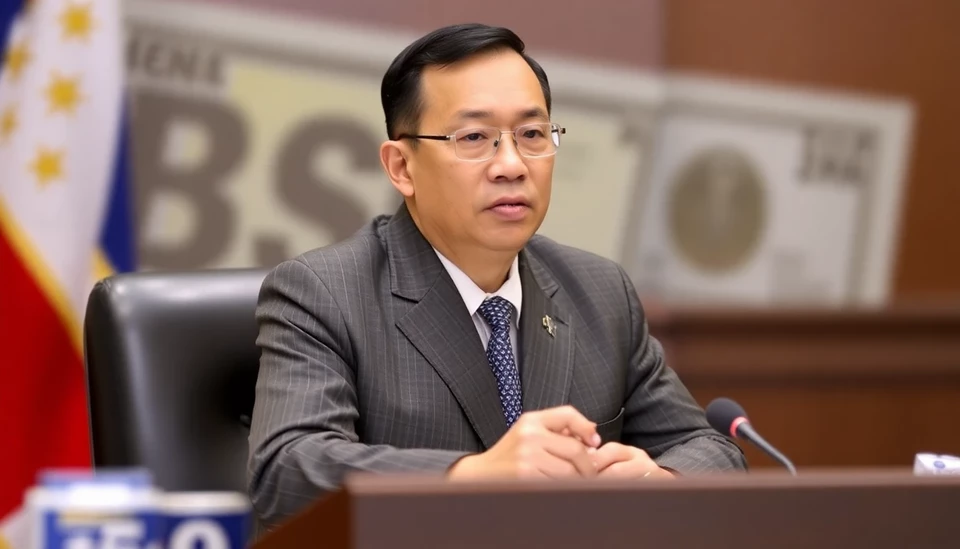
The Philippine government is reaffirming its commitment to ensure price stability in the face of economic challenges, even as it reports that its inflation targets have been successfully met. Economic officials have expressed satisfaction with recent data indicating that inflation rates are within the government’s set goals, yet they remain alert to potential fluctuations that could disrupt the current economic landscape.
Data from the national statistics office revealed that the country's inflation rate has steadied at a manageable level, prompting the Department of Finance to emphasize the importance of ongoing vigilance. Officials believe that external factors, including global market trends and the lingering effects of previous economic disruptions, could pose challenges ahead.
The government has implemented a series of fiscal measures aimed at curbing inflationary pressures, such as controls on food prices and support for essential commodities. As part of this strategy, officials have conducted dialogues with various sectors, including agricultural producers, to address supply chain issues that could lead to price spikes. The success of these initiatives has contributed to a stabilized economic environment, allowing businesses and consumers to operate with a degree of confidence.
Moreover, the central bank has been proactive in adjusting monetary policies to mitigate inflation risks. By carefully managing interest rates and engaging in market interventions, the central bank aims to maintain a stable financial climate conducive to sustainable economic growth. Recent reports suggest that these efforts are beginning to yield positive results, with consumer spending on the rise and businesses increasingly optimistic about future prospects.
The government recognizes that maintaining low inflation is key to economic development, particularly as it seeks to attract foreign investments. As a result, further collaboration with international partners and local stakeholders is on the agenda, aimed at fostering a resilient economy capable of withstanding future shocks.
Despite these positive indicators, officials warn that vigilance must remain a priority. The Department of Finance has underscored its dedication to monitoring economic trends closely and responding promptly to any emerging threats to price stability. The government is gearing up for potential challenges ahead, including the possibility of rising global food prices due to unpredictable weather patterns and geopolitical tensions that could disrupt trade flows.
Overall, while the Philippines has made strides in managing inflation effectively, the government’s resolve to keep a watchful eye on prices reveals a commitment to ensuring that recent successes translate into long-term economic stability. As the nation prepares for the future, the focus remains on fostering conditions that support both growth and affordability for all citizens.
As the Philippines navigates the complexities of the global economy, its proactive stance surely sets an example for other nations grappling with similar issues. The journey towards sustained prosperity involves continual assessment and responsive action to maintain balance in the marketplace.
#PhilippinesEconomy #InflationControl #PriceStability #EconomicGrowth #ConsumerConfidence
Author: Rachel Greene




